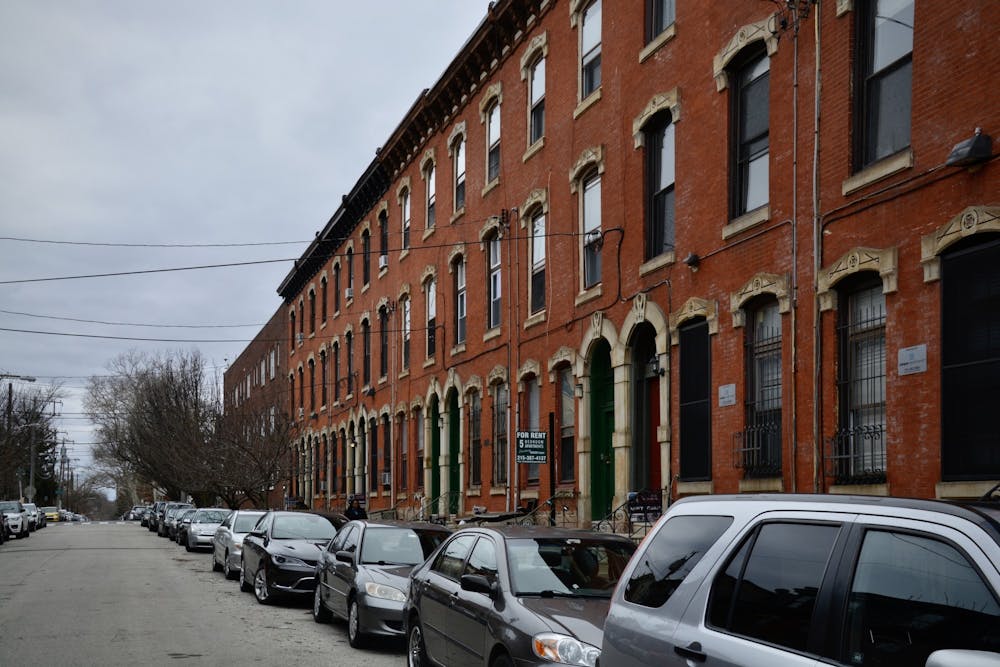
Rental protection policies limiting evictions helped curb the spread of COVID-19 in cities across the United States.
Credit: Kylie CooperPenn researchers found that rental protection policies limiting evictions have helped curb the spread of COVID-19 in cities across the United States.
The study, which was published in Nature Communications, was led by researchers in the Perelman School of Medicine, Johns Hopkins University, and the University of Illinois at Urbana-Champaign. Researchers found that in a city with a population of 1 million people in which 1% of households experience eviction monthly, there could be an excess of up to 49,000 COVID-19 infections, Penn Medicine News reported. If Philadelphia were to experience a fivefold increase in evictions, researchers predict that it could lead to 53,000 additional infections.
The study found that once they are evicted, households tend to "double-up," and move in with friends or family members. This increases the likelihood that the virus can get into a home and spread outside of it.
“Our model shows clearly that policies to stem evictions are not only a warranted but a necessary component of COVID control," co-senior author and professor of Epidemiology at the Perelman School of Medicine Michael Levy told Penn Medicine News.
After record levels of unemployment put millions of Americans at risk of losing their homes in 2020 and 2021, the Centers for Disease Control and Prevention imposed a national moratorium on evictions on September 4, 2020, which has been extended through the end of June 2021.
"As long as the virus is circulating, ending these protections could have devastating implications in the United States,” Levy said.
The research team created a simulation which found that allowing evictions to continue in Philadelphia would result in increases in COVID-19 infections that would be felt among various socioeconomic populations including those experiencing a low number of evictions, Penn Medicine News reported.
“Evictions not only affect the evicted, but they can endanger an entire city,” Levy told Penn Medicine News.
The Daily Pennsylvanian is an independent, student-run newspaper. Please consider making a donation to support the coverage that shapes the University. Your generosity ensures a future of strong journalism at Penn.
Donate







